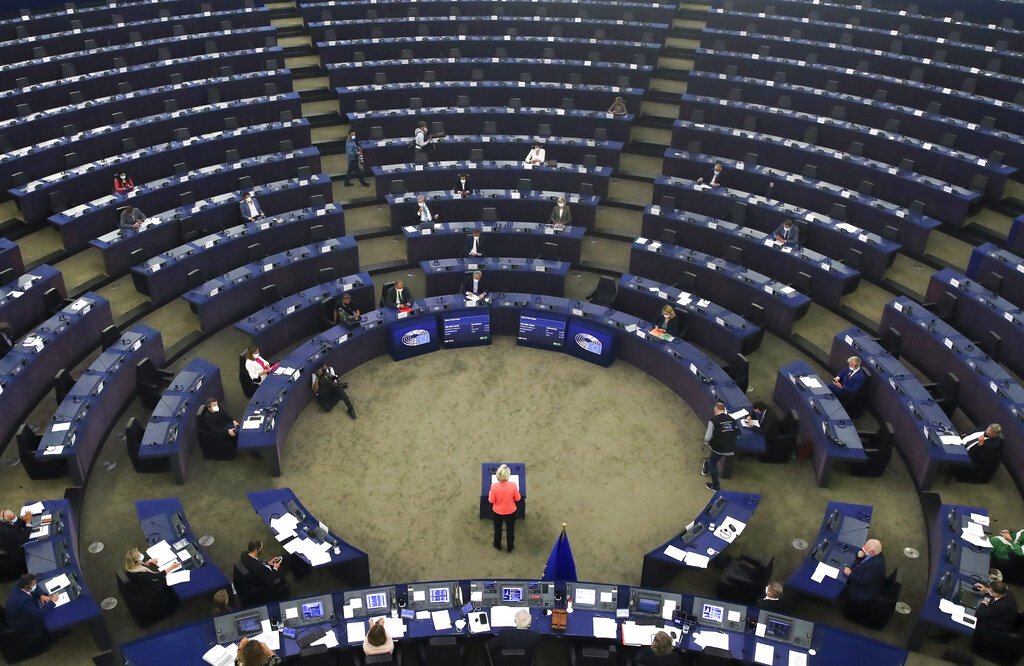On Wednesday, an emergency debate was held in the European Parliament (EP) on the Qatargate corruption scandal involving a leading socialist MEP and former MEPs, said a senior conservative MEP.
The former Polish foreign minister and MEP for Poland’s ruling conservatives (PiS), Witold Waszczykowski, told portal wPolityce.pl that “it was routine and minimalistic” and that he did not expect any significant decisions to be taken. He believes that some minor restrictions will be placed on MEPs but that the real causes of the corruption, which are the extensive foreign travel and the attempts to assess the world from an ideological perspective, will remain.
Waszczykowski admitted that although the European Parliament does not take legally binding decisions on foreign policy, its resolutions resonate throughout the world and affect other international organizations, rating agencies, and investors.
This is why, he argues, Poland was attacked by the European Parliament in order to harm its reputation and weaken its government.
The former Polish foreign minister described how the parliament can pass resolutions on, for example, abortion in Texas or the situation in the Middle East, which results in different state and commercial lobbies attempting to secure resolutions favorable to their interests. To achieve this, they have to encourage MEPs not only with arguments but also, as has now been revealed, financial incentives.
Waszczykowski recommends that the European Parliament stop attempting to influence the global debate and instead concentrate on Europe. He said he believes that the Qatargate bribery scandal is the “tip of the iceberg” and that Russia has been active in trying to protect its energy interests and weaken the reputations of countries such as Poland, Ukraine, and Georgia. It is in Russia’s interest to portray Poland as a Russophobic and undemocratic state.
Waszczykowski also described how he attempted to find out which NGOs had been consulted on the “green deal” but was told “he should do that himself,” an impossible task for an individual MEP. Waszczykowski indicated that many regulations in the EU are effectively “bought by lobbies,” and environmental and energy regulations are certainly the subject of such intense lobbying.
Asked why he felt Qatar’s lobbying had been exposed rather than others, Waszczykowski said that it was because of the spotlight on the country over its hosting of the World Cup last year. However, he also noted that Qatar is a direct competitor to Russia in the gas market, and Qatar is also in conflict with Saudi Arabia. Therefore, Qatar is a country that certainly has its enemies in addition to problems with respecting human rights.






